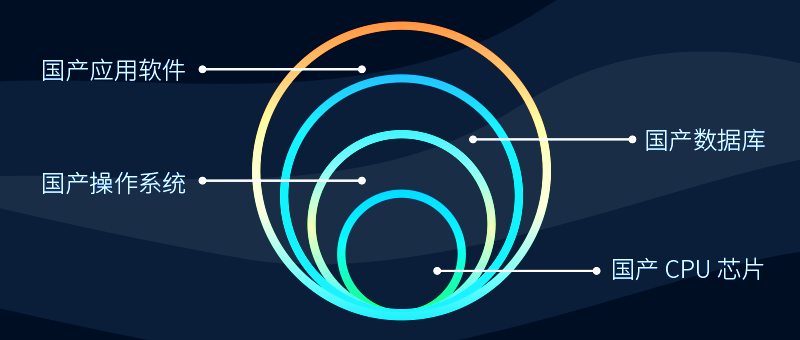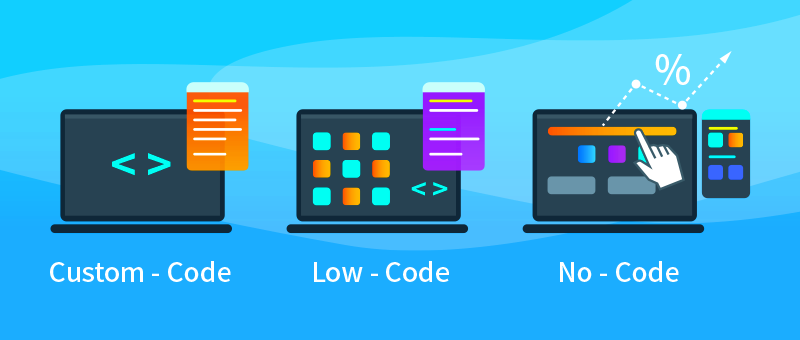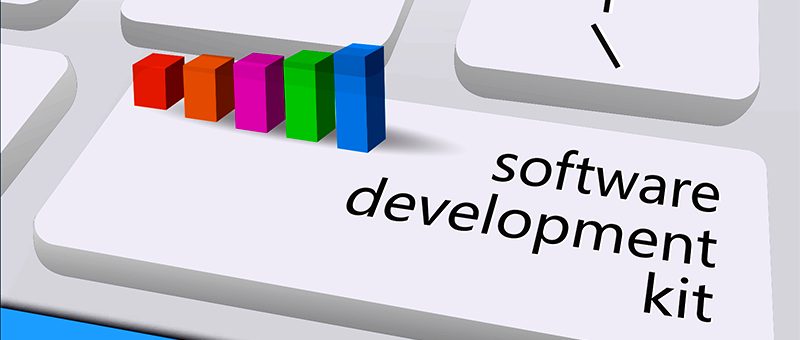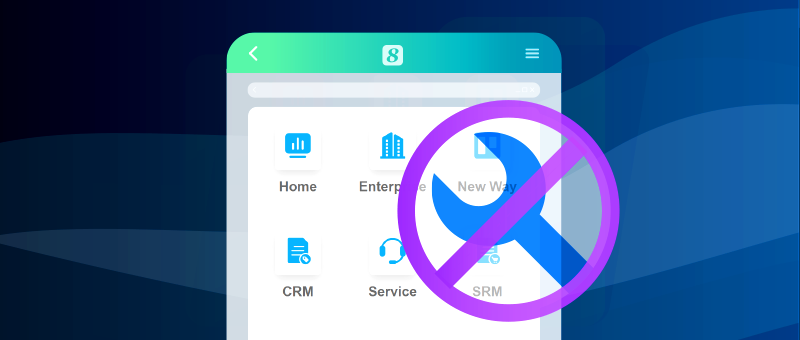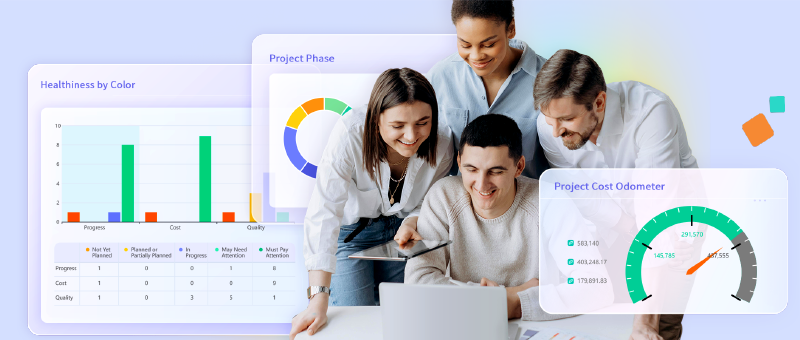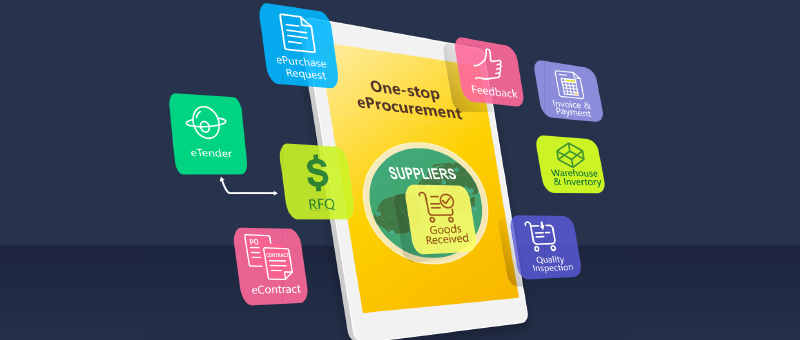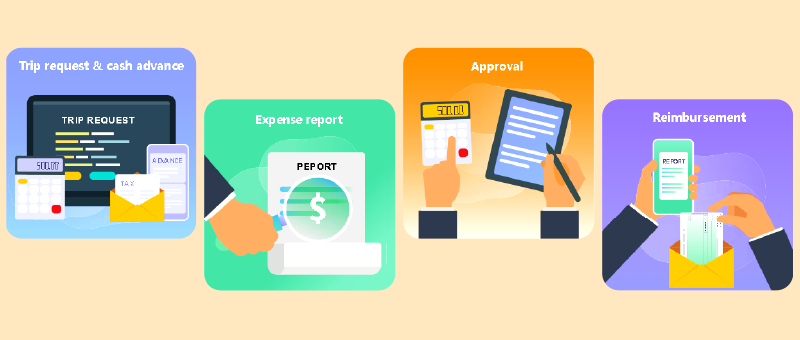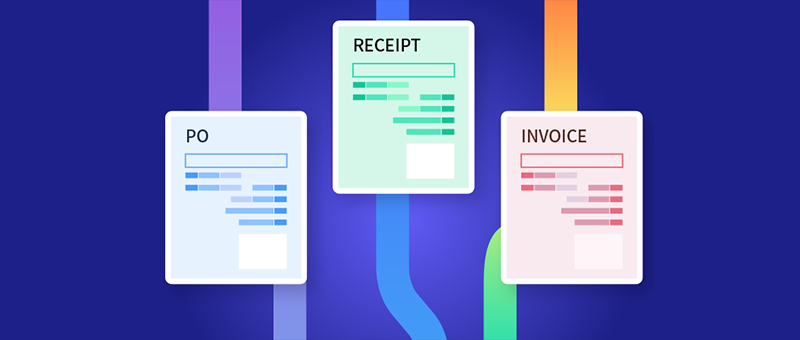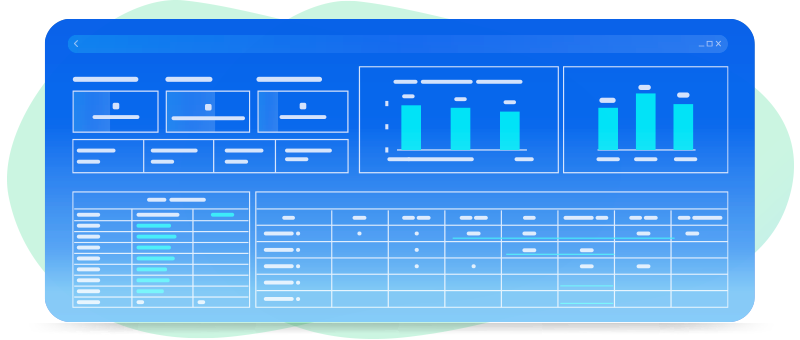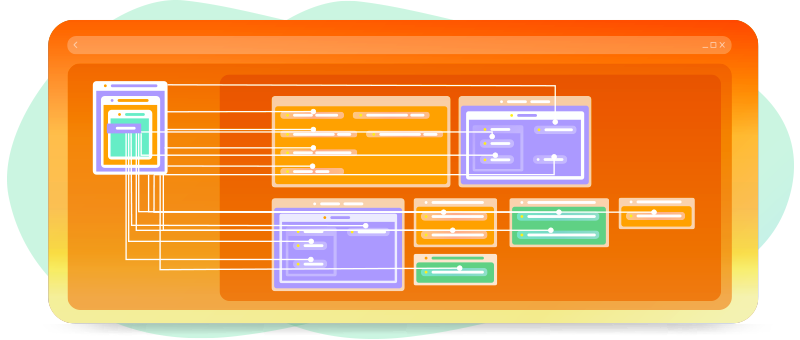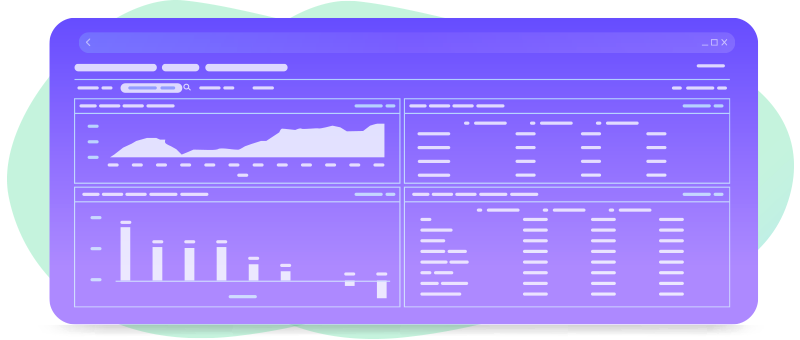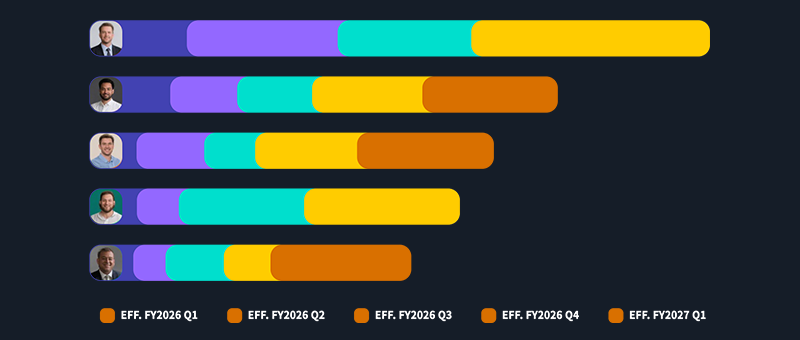Special News
Why bid management systems are essential for digital procurement
2025-01-02
In todays corporate procurement management, bid management systems have become an essential component of digital transformation. With increasing market competition, the challenges faced by businesses in procurement processes are becoming more complex. The introduction of a bid management system not only optimizes procurement workflows and improves operational efficiency, but also ensures compliance during the bidding process and reduces management costs. This article will explore why bid management systems are key to the digitalization of procurement processes, how they help businesses achieve efficient management, and address some common related questions.
1. What is a Bid Management System?
A bid management system is a software tool designed specifically for managing procurement processes such as tendering, bidding, and bid evaluation. It provides businesses with a fully digitized management solution, covering the entire process—from the release of the tender notice to the evaluation of bids, and ultimately to the signing of contracts. By automating and digitizing manual processes, the bid management system simplifies and optimizes traditional operations, enabling businesses to conduct procurement activities more efficiently and transparently.For example, 8Manage SRM, an integrated supply chain management platform, includes features for bid management, supplier management, procurement planning, and contract management. It helps businesses automate and intelligently manage the bidding process. Beyond streamlining procurement workflows, 8Manage SRM also offers real-time data analytics, assisting managers in making more accurate decisions.
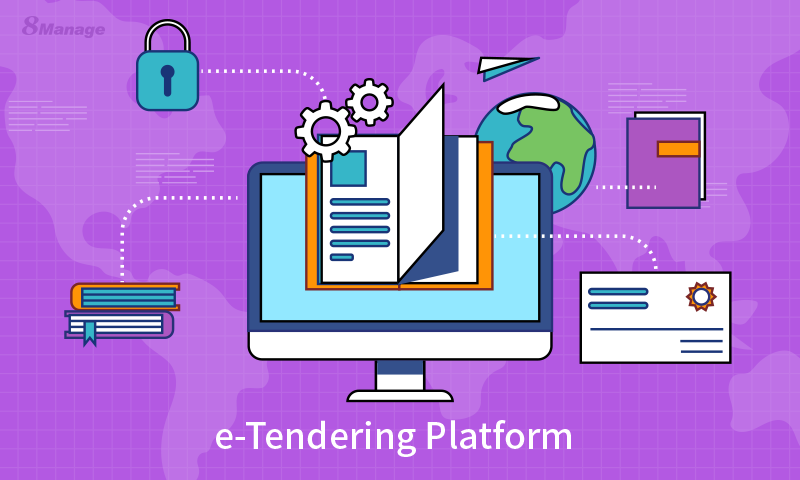
2. Core Features of a Bid Management System
A bid management system is more than just a technical tool; it plays a crucial role in optimizing procurement workflows and improving the efficiency of bid management. Specifically, the system typically includes the following core features:1.Tender Document Management
The system helps businesses easily manage the creation, publication, and archiving of tender documents. It allows quick generation of standardized templates, ensuring consistency and compliance while avoiding errors or omissions.2.Bid Document Management
During the bidding phase, the system efficiently receives and manages bids from different suppliers. It automatically checks the completeness and compliance of submitted documents, facilitating easy review by evaluators.3.Bid Evaluation and Awarding
The system provides automated evaluation tools that help assessors score bids based on predefined criteria. With automated scoring, the system reduces human errors and increases the fairness and transparency of the evaluation process.4.Contract Management
The bid management system also enables the digital management of contracts, including signing and performance monitoring. Historical data stored in the system allows businesses to easily track contract execution and ensure compliance and transparency in the procurement process.5.Data Reporting and Analysis
8Manage SRM offers powerful data analysis capabilities, generating detailed reports that help businesses extract valuable insights from historical data. These analyses support future decision-making in the bidding process.3. Why Bid Management Systems Drive the Digitalization of Procurement Processes
1.Increased Efficiency and Cost Reduction
Traditional bid management processes often require significant manual intervention, including cumbersome paperwork and extensive communication, which consumes considerable time. Bid management systems automate many of these processes, greatly improving efficiency. For example, the system can automatically generate tender documents, verify the compliance of bids, and automate the evaluation process, significantly reducing time and errors. As a result, businesses can complete the bidding process in less time, lowering both labor and material costs.2.Enhanced Transparency and Compliance
Traditional bid management often suffers from a lack of transparency, which can lead to unfair practices. A bid management system addresses this issue by recording data and ensuring transparency at each stage. From the release of the tender notice to the final evaluation results, every step is tracked and documented, ensuring fair competition for all parties involved.The system also helps businesses comply with legal and regulatory requirements by automatically flagging potential compliance issues, reducing the legal risks associated with non-compliant actions.
3.Intelligent Decision Support
Through advanced data analytics, bid management systems provide valuable decision-making support. The system aggregates and analyzes historical bid data to help businesses understand which tenders are more competitive and which suppliers offer more favorable pricing. This enables businesses to develop more precise procurement strategies, optimizing procurement costs.4.Improved Supplier Management
Many bid management systems also offer supplier management features, enabling businesses to build comprehensive supplier profiles that track bidding and performance history. This data allows businesses to assess suppliers reliability and performance, helping them make more informed decisions in future bidding processes.5.Standardization and Regulation of Procurement Processes
The 8Manage SRM bid management system helps businesses standardize their procurement processes, ensuring consistency across projects. By setting standardized procedures, the system guarantees that each stage of the procurement process is followed as per regulations, improving the overall consistency and quality of procurement activities.
4. Advantages and Challenges of Bid Management Systems
Advantages:
1.Improved Management Efficiency
Automated workflows and intelligent analysis tools significantly enhance the efficiency of bid management, reducing human intervention and increasing operational accuracy.2.Risk Reduction
The system’s compliance checks and data recording features help mitigate legal and compliance risks that may arise during the bidding process.3.Optimized Resource Allocation
With data analytics, bid management systems help businesses better understand procurement needs and optimize resource allocation, improving procurement decision-making.Challenges:
1.Complexity of System Implementation
For small and medium-sized enterprises, implementing a bid management system may involve complex system integration and staff training, requiring both time and financial investment.2.Data Security Issues
Bid management systems involve handling sensitive business data, and ensuring the security of this data is critical. Protecting against external threats is a key concern. 8Manage SRM ensures data security through encryption and access controls, but regular security audits are necessary to prevent data breaches.3.Compatibility with Existing Systems
Bid management systems must be compatible with existing corporate systems, such as finance and procurement platforms. This integration can present challenges during system selection and implementation. In such cases, 8Manage SRM ensures compatibility with existing systems, allowing for seamless data flow and sharing. However, integration work may require time and technical support.Frequently Asked Questions (FAQs)
1.Is a Bid Management System suitable for all types of businesses?
Yes, 8Manage SRM is suitable for various industries, especially those that involve frequent bidding activities, such as construction, engineering, and government procurement. Businesses of all sizes can choose the appropriate version based on their needs.2.How long does it take to implement a Bid Management System?
The implementation period depends on the size of the business, the complexity of its requirements, and the level of system customization. Generally, small businesses might need a few weeks, while larger enterprises may take several months to implement the system.3.How can we ensure the security of data in a Bid Management System?
To ensure data security, businesses should choose a bid management system with robust encryption and security features. Regular security audits, along with access control and permission management, should also be implemented to protect sensitive data from breaches. 8Manage SRM employs strong encryption, access controls, and periodic security audits to safeguard data.Conclusion
In the wave of digital transformation, bid management systems have become indispensable tools for optimizing procurement processes. By improving efficiency, enhancing transparency, and supporting decision-making, they help businesses gain significant advantages in bid management. Despite the challenges in implementation, ongoing technological advancements will continue to provide businesses with smarter and more automated solutions, driving the full digitalization of procurement management.
Most popular

How IPD drives product R&D toward commercial success

Top procurement management systems to elevate your business in 2025

Are your project managers ready for AI?
Related articles
5 Key Innovations in Digital Procurement Software
2025-08-08
Efficient Large Equipment Procurement in Machinery Manufacturing: Process & Tips
2025-08-07
2025 Procurement Software: Top 10 SRM Systems Reviewed
2025-08-01
What is a PO and its role in enterprise procurement?
2025-08-01
8Manage SRM vs SAP vs YonBIP: Best enterprise procurement software
2025-06-13







